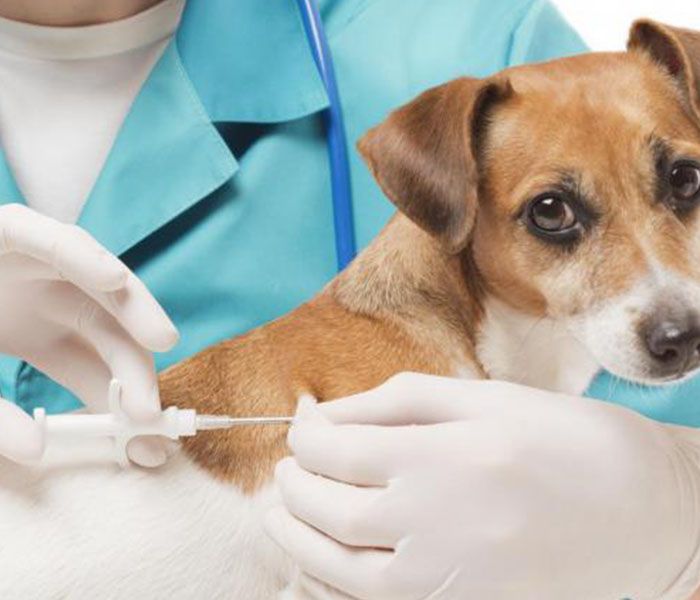Microchipping your pet is one of the best ways to ensure they stay by your side for years to come. Even the most well-behaved pet can slip a leash, jump a fence or get lost at some point. Stressful life events, such as moving to a new home, adding a new member to the family or the strain of a painful medical condition can cause previously homebound pets to want to wander. Our veterinary clinic offers microchipping for pets in Huntsville, Fayetteville and the surrounding cities.

Implanting a Microchip
If your pet has ever received a vaccination or another type of shot, they’re already familiar with how a microchip is implanted. The microchip itself is about the size of a grain of rice. To implant the chip, we use a slightly larger needle to place it just under the skin between the shoulder blades. This is a particularly non-sensitive area on cats and dogs, making the procedure nearly painless. Once the chip is in place, it can be read by an external scanner at nearly every veterinarian, animal shelter and pound across the country.
How It Works
To protect your privacy and allow for easy updating of your information, the microchip just stores an identification number that pops up when scanned. The veterinarian or shelter can then contact the company with the database of microchip numbers to find the owner’s name, phone number and address. It’s important to update your address if you move to a new place or your phone number if the need arises. Microchipping Huntsville and Fayetteville area pets (and keeping your database information updated) is the best way to make sure you’re reunited with your pet should they become lost.

Microchipping

Fayetteville Animal Clinic provides microchipping for pets in Fayetteville, Huntsville, Petersburg, Pulaski, Frankewing, Mulberry, Shelbyville, Winchester, Lewisburg, Lawrenceburg, Tullahoma, Monteagle and the surrounding areas.


